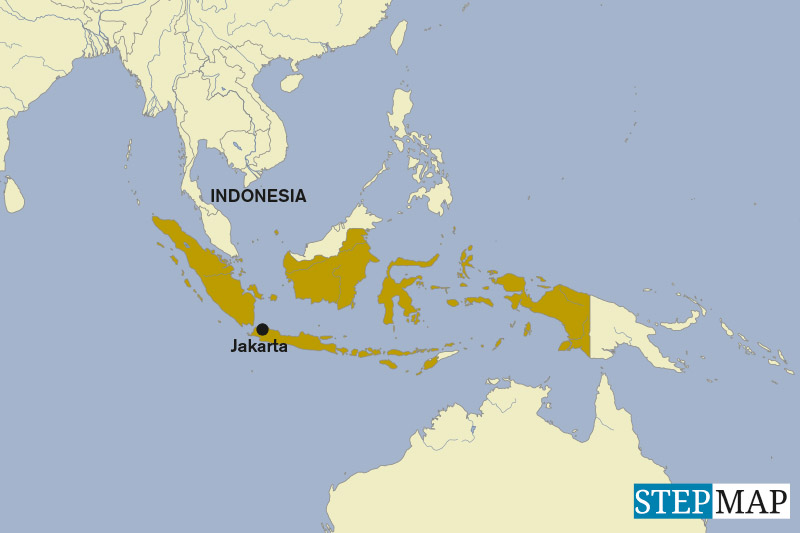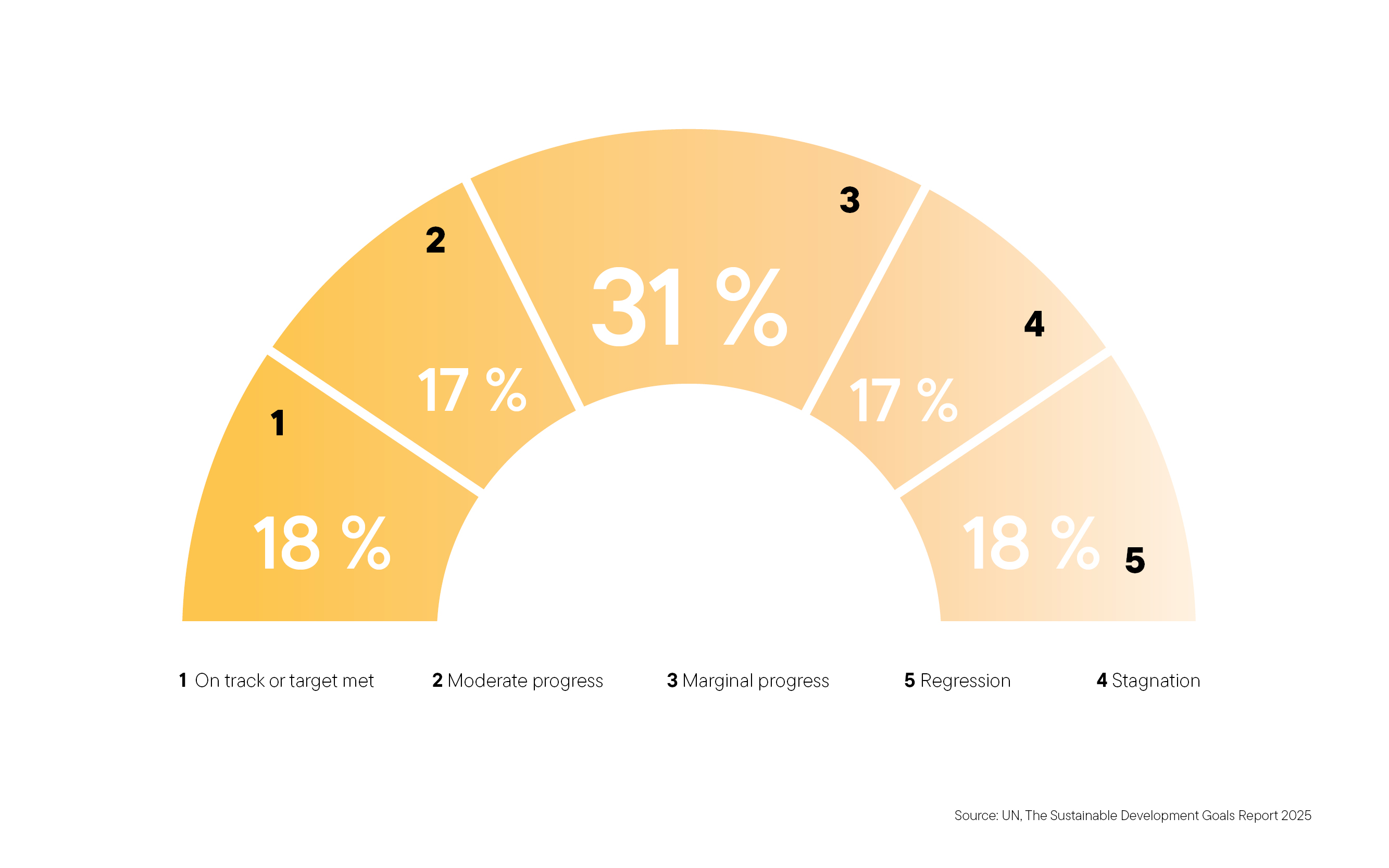Editorial
Hard times
There can be no real democracy without a vibrant press. It is easier to agree with this statement, though, than to create a lively, pluralistic media scene. In many developing countries, governments talk of good governance and more social justice. At the same time, however, many of them hardly accept free media, and they certainly do not support independent journalism. Free media demand that policymakers act in an accountable and transparent fashion. They express grievances and kick-start public debates. On the internet, blogs similarly discuss topics that matter to society. Those in positions of power are often not pleased, nor are local mafias. Therefore, media workers are at risk in many countries. Article 19 of the Universal Declaration of Human Rights states: “Everyone has the right to freedom of opinion and expression; this right includes freedom to hold opinions without interference and to seek, receive and impart information and ideas through any media and regardless of frontiers.” Too many people, however, do not know their rights. Citizens all over the world must be put in a position to enjoy the freedom of opinion and expression. The media must contribute to development and benefit from it.
In western democracies today, journalism is also under pressure. Though media houses decide freely what they publish, their revenues have gone down dramatically – and as a consequence, the working conditions of journalists are deteriorating. The audience has become unwilling to pay for well-researched content, and that applies to the press as well as to the internet. The result is an ongoing erosion of quality journalism. Entertainment channels dominate radio and television, and the press is narrowing down its range. What that means for democracy in the western world remains to be seen.
One can get information free of cost on the internet, of course, but users need to be able to tell credible information from mere propaganda. Whether in rich or poor countries, media literacy matters, and should be taught in schools. People everywhere in the world must know how to tell professional journalism, which is diligent about indicating sources and distinguishing facts from opinion for instance, from incompetent coverage. They must also understand that professional journalism cannot be delivered free of charge for ever.
It bodes nothing good if the media – for lack of money or under pressure from terrorist groups and authoritarian governments – cannot serve its function as the Fourth Estate. Media outlets must monitor political and economic affairs, inform the people and start public debates. Otherwise, there can be no meaningful public participation in public matters.









